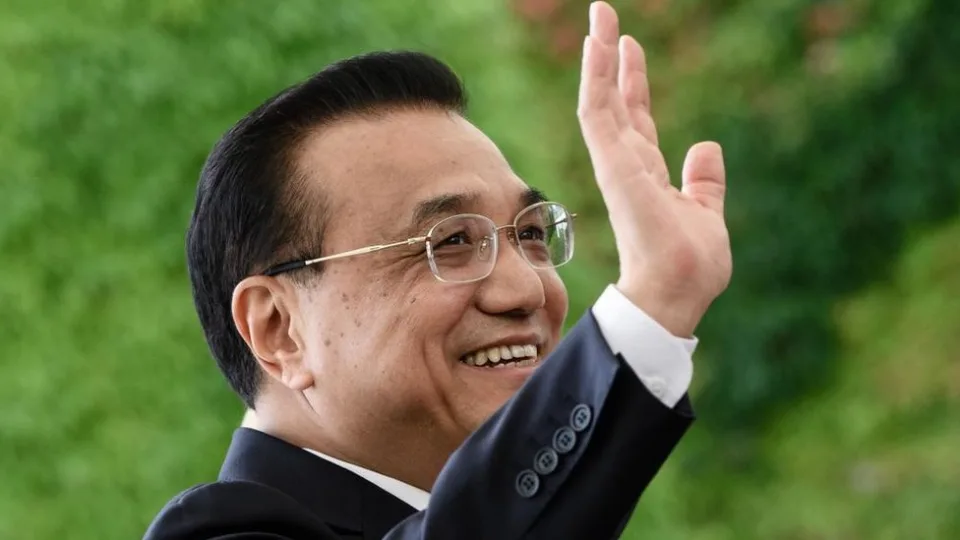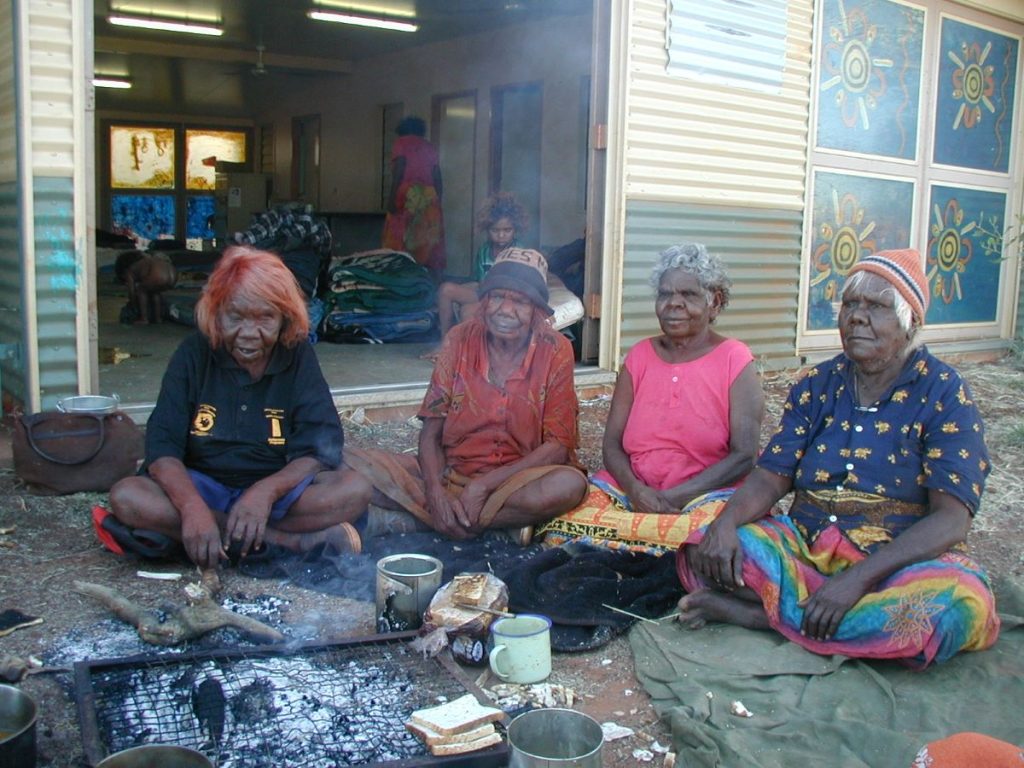Letting The Market Work With Immigration
The Immigration Debate in Australia: Assessing Infrastructure and Policy for Sustainable Growth
Every few years, Australia has a major debate about immigration. Sometimes due to people arriving by boats and claiming refugee status, at other times by a public figure saying something about a ‘Big Australia’, it is a subject on which most people have an opinion.
The current debate is a bit different. The Covid border closures and lockdowns meant immigration ceased. With no immigrants, backpackers, foreign students or Pacific farm workers, some industries ground to a halt.
The debate now is not so much about whether immigration is needed, but whether our infrastructure can cope with the numbers.
Because governments are no better at setting prices than choosing immigrants, it could also use an auction system to set visa prices.
That debate is not helped by the fact that Australia does not have a coherent immigration policy. In the post-Covid environment, the Government is simply making short-term decisions to address immediate needs based on industry pressure. It is also deliberately boosting immigration to avoid a decline in GDP for two consecutive quarters.
From a libertarian perspective, immigration is one of the few issues in which governments have a role. While free trade in goods and services are no-brainers, the free movement of labour is not sustainable in a welfare state. The question is, how could a market operate?
The current approach involves the government not only deciding how many people the country should admit, but what kinds of people. This equates to central planning, with bureaucrats purporting to know what the economy requires. Needless to say, this is not remotely comparable to the employment decisions of hundreds of thousands of businesses and individuals.
A better approach would before the government to set broad parameters, while the market does the rest. This could be achieved by charging a significant fee for residence visas (there is a fee already but it’s just $4640) and then getting out of the way.
This idea originated from the Nobel Prize laureate Professor Gary Becker, who recommended it as a solution to the problem of illegal immigration in America and the UK. What he proposed is for the government to set a price (or prices) according to how many people it wished to admit, then allow everyone who can pay that price to come in apart from obvious exceptions like terrorists. That is, the government would not be picking and choosing who to admit.

He also suggests the program would reduce opposition to immigration by eliminating the sense that immigrants were getting ‘a free ride’. Fees would contribute to the cost of maintaining and renewing infrastructure that others had paid for.
Becker argues that as well as being a revenue raiser for governments, the policy would ensure that only the most productive and skilled immigrants would be attracted. Having paid the fee, the immigrants would be committed to their adopted country and keen to make a go of it.
Industries or employers short of workers could cover or subsidise the entry fees of those they wish to employ, while regions keen to boost their populations could do the same.
Fees could be reduced or waived for a number of bona fide refugees fleeing persecution, while those who support the entry of more refugees could raise funds to pay their entry fees.
Because governments are no better at setting prices than choosing immigrants, it could also use an auction system to set visa prices. This would allow the market to operate via the price mechanism.
From a libertarian perspective, immigration is one of the few issues in which governments have a role.
Importantly, payment of the fee should only allow for permanent residence. Access to welfare (unemployment, etc)should be reserved for citizens, with citizenship restricted to those who had established themselves over a number of years, share our values of freedom and democracy, and have demonstrated their desire to build a long-term future in Australia.
Those unable to find work may have their visa cancelled and be subject to deportation, although short term benefits might be justified on the grounds that it was covered by the fee they paid.
This system would ensure intending permanent immigrants were well aware of the need to gain employment.The most qualified and employable person in a family would be first to pay the fee and take up residence, working to save the funds for other family members. Over time, families would be reunited in Australia as they are now, except that each member would have made a valuable contribution to the economy.
Temporary immigrants (tourists, backpackers, seasonal workers, students, etc) would not be required to pay the fee unless they sought permanent residence (as many foreign students do.) This approach would apply market forces to the selection of immigrants. With markets infinitely better than governments at allocating resources, the outcome for Australia could only be positive.










